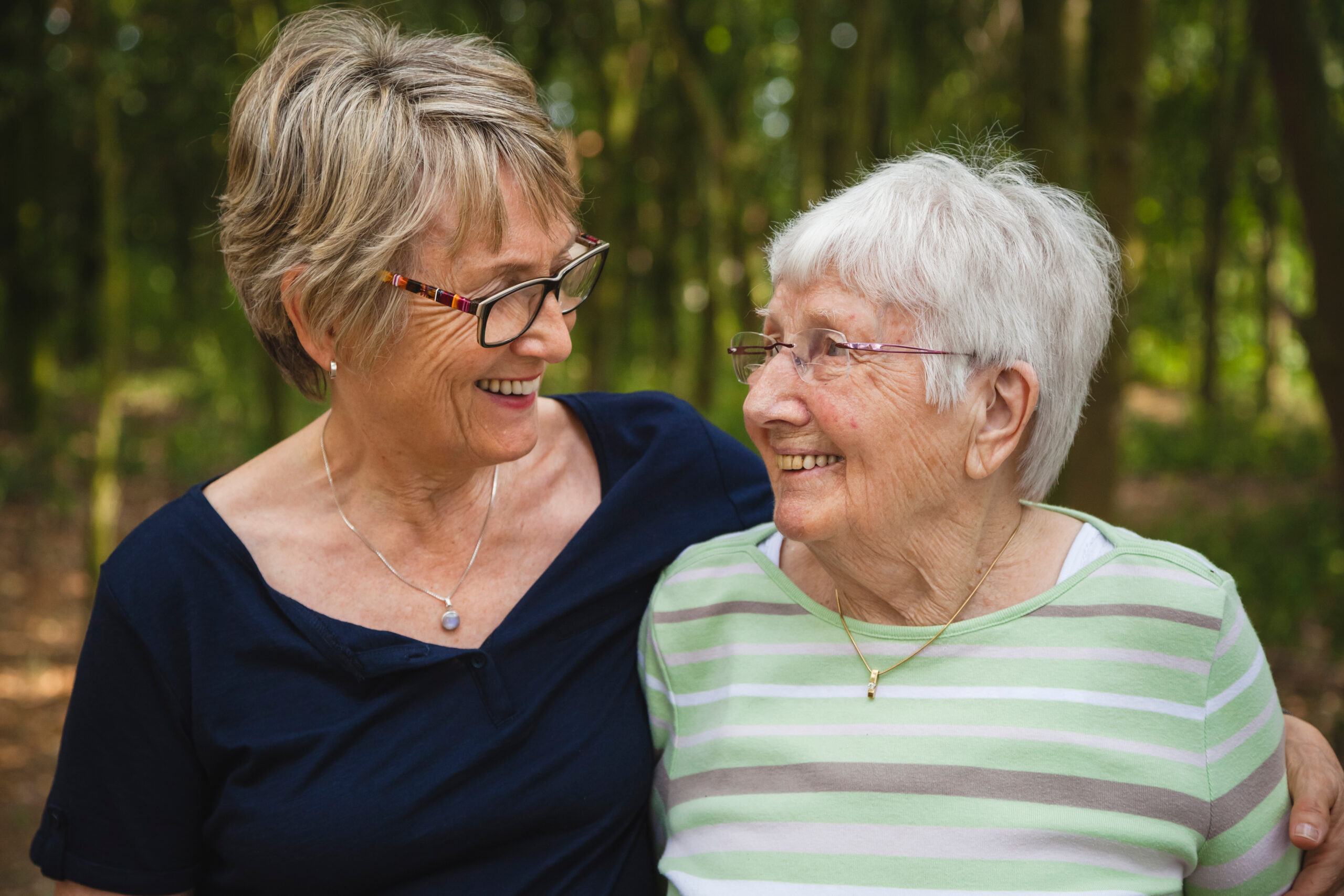Using technology to enhance safety in dementia care homes
Technology is playing an increasingly important role in making dementia care homes safer and more supportive for residents. With the right tools, caregivers can better monitor health, prevent accidents, and help residents maintain independence while ensuring their safety.
One key technology is **voice assistants customized for dementia care**. These smart speakers do more than just play music or answer questions—they can provide gentle reminders to take medication, alert residents about appointments, or guide them through daily tasks with simple voice prompts. Because they respond to spoken commands, they are easy to use even if someone has difficulty with screens or buttons. They also connect with smart home systems to automatically turn on lights at night or make emergency calls by voice command. This reduces confusion and helps prevent falls by improving visibility and access to help when needed.
Another helpful innovation is **smart home safety sensors** placed around the living space—on doors, beds, hallways, and kitchens. These sensors detect movement patterns and send alerts if something unusual happens: like wandering outside designated areas or not getting out of bed at expected times. Caregivers receive real-time updates on their phones so they can quickly check in without needing constant physical supervision. This kind of passive monitoring respects the resident’s independence while providing peace of mind that potential dangers will be caught early.
Medical alert systems designed specifically for people with dementia are also advancing rapidly. For example, some modern systems combine fall detection with activity tracking and caregiver notifications through sleek devices that look like everyday smart speakers rather than medical alarms. These devices often include features such as voice-activated calls for emergencies and GPS tracking if a resident wanders outside the home area.
Beyond safety monitoring alone, technology supports overall well-being by helping manage daily routines through personalized prompts delivered via apps or voice assistants—reminding about meals, hydration, hygiene tasks—and calming routines that reduce anxiety during confusing moments.
Incorporating these technologies into dementia care homes requires thoughtful planning: understanding each resident’s needs; training staff; ensuring privacy; and integrating devices smoothly into existing care practices so they enhance rather than disrupt daily life.
By blending human compassion with smart technology tools—from voice-controlled helpers to discreet sensors—dementia care homes can create environments where seniors feel safer yet still empowered in their day-to-day lives while caregivers gain valuable support in keeping watch over those they serve.





